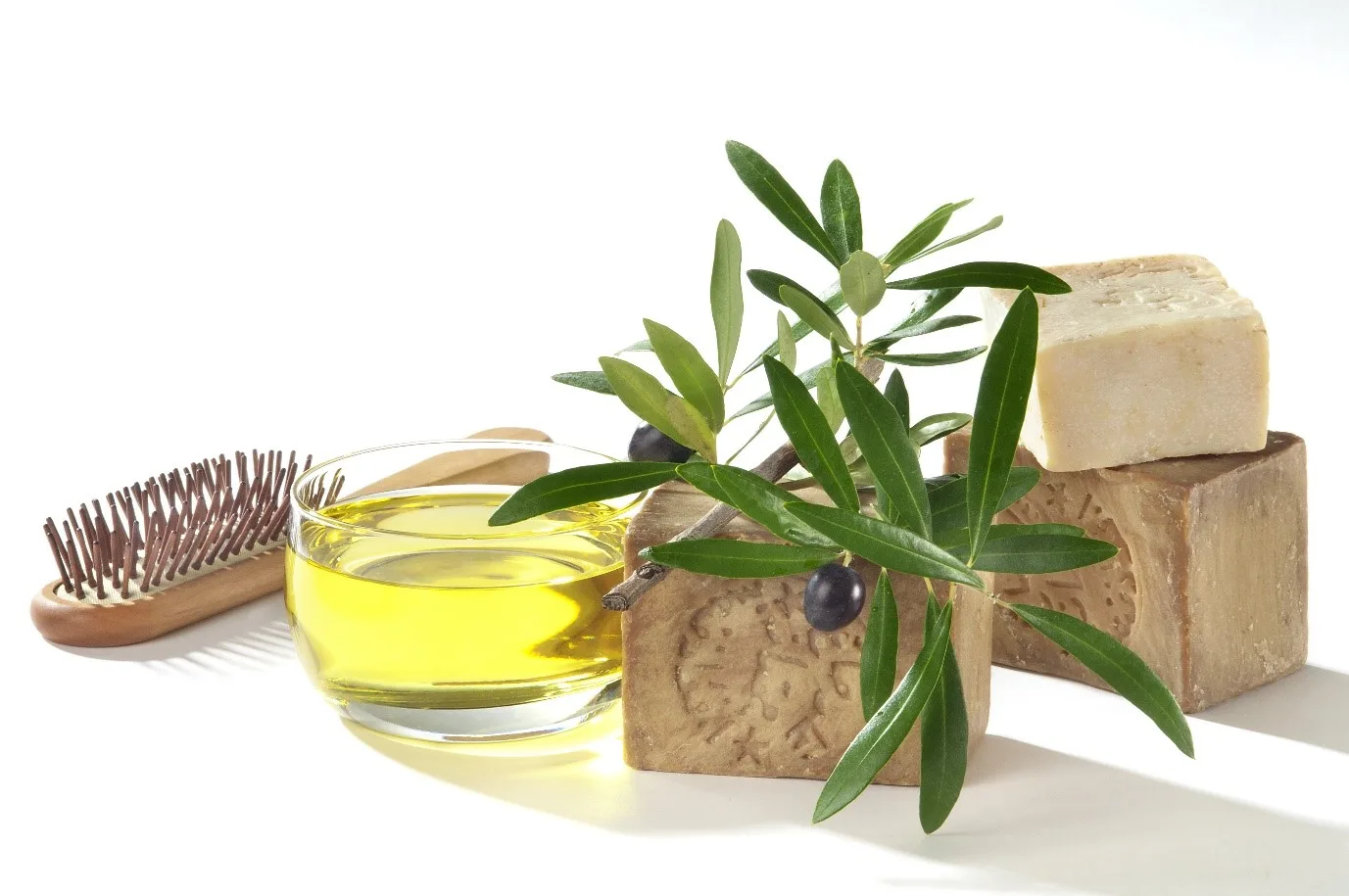Does Olive Oil Help in Removing Dandruff

Many people have tried to get rid of dandruff using olive oil – but does it really work?
If your head starts to itch with dandruff, your first stop isn’t usually the kitchen cabinet for a bottle of olive oil. But many people have tried using olive oil for dandruff and olive oil for hair growth, with the effectiveness of this ingredient being something to explore.
Olive oil is a natural oil extracted from olives. This came out of the Mediterranean region and is known for being an integral part of Italian cuisine. It is used in food, medicines, and cosmetic products. Olive oil is rich in unsaturated fats, antioxidants, and vitamins E + K. Studies have shown that using olive oil while cooking can significantly reduce your chances of strokes and heart diseases.
In addition, it is said to be anti-inflammatory and anti-bacterial in nature, which lends some credibility to the ‘olive oil good for hair’ claim. Here are some of the potential olive oil benefits for hair:
- It contains softening characteristics, which make the use of olive oil for hair a feasible option. It has been used as a conditioner due to its moisturising effects on the hair strand, where it can soften and untangle your troublesome hair.
- It has shown to unclog hair follicles and reduce inflammation. It works to break down the dirt and grime that is the cause of your problems. It also strengthens the hair follicles, thus making use of olive oil for hair growth viable.
- Olive oil benefits for hair can be truly seen with dry and thick hair. It can help you even if you’re suffering from split ends and a dry scalp.
- Its antioxidant properties help in reducing oxidative stress, which makes olive oil good for hair and skin.
- The claimed anti-bacterial properties can work to reduce your hair dandruff problems. It can even give you temporary relief from the itching.
But what is dandruff?
Before trying to see the olive oil benefits for hair dandruff, it is important to understand what dandruff is. It is a fungal infection that is generally found on areas with the greatest number of sebaceous glands, like the scalp and the face. The cause of dandruff is a naturally occurring fungus called Malassezia Globosa, that feeds on the sebum secreted by these sebaceous glands.
Due to various reasons, your scalp can start producing more oil or sebum which leads to a growth of the fungus. The fungus breaks down this excess sebum to produce a substance that 1 out of 2 people in the world is sensitive towards. Your body will react in the form of severe itching, red scaly skin, and white flakes of dead skin cells. This is what we know as dandruff.
Can you use olive oil for hair dandruff?
People use various home remedies for dandruff that incorporates olive oil for dandruff. Some studies have tried to show the benefits, but it is anecdotal at best. Thus, it is important to be careful with the following recipes:
-
Egg white and olive oil –
Eggs contains enzymes that can kill the infection-causing bacteria present on your scalp. Create a mixture and apply it to your scalp and hair. Leave it in for 30-40 minutes, washing it off with cold water and a gentle shampoo. Don’t use hot water unless you want an omelette in your hair. -
Lemon juice, olive oil and water –
Lemon juice is rich in vitamin C, citric acid, and antioxidants that can clear up any excess oil or build-up found on your scalp. Massage the mixture into your head and wash it off with a shampoo after 20-30 minutes. -
Apple cider vinegar, lemon, and olive oil –
This concoction brings anti-fungal and anti-bacterial properties to help get rid of your dandruff causing germs. This method of using olive oil for dandruff can also soothe the itching, calm any inflammation, and clear build-up. -
Tea tree oil and olive oil –
It brings the combined effect of anti-bacterial and anti-microbial properties to help with the fungus on your scalp. It has shown to get rid of any greasiness as well. Be careful with the quantities as tea tree oil can be quite pungent. -
Olive oil and sugar –
Some create an exfoliating scrub out of this combination and apply it to their scalp. It is said to get rid of dead skin cells and germs. Make sure to wash thoroughly with a shampoo and not leave anything behind.
Concerns with using olive oil
People might declare that using olive oil for dandruff is the best thing they’ve ever done. But studies are conflicted on the question – is olive oil good for hair dandruff? There are a few legitimate concerns that you should be aware of.
- It can make your dandruff problem much worse. The dandruff yeast or fungus feeds on saturated fatty acids, which are found in olive oil. This can lead to an exponential growth of the dandruff causing fungus on your scalp.
- Home remedies are a hit or miss. They might work for you temporarily or they can add to your problems. The quantities that are meant for you can only be discovered by a method of trial and error, which can be a risky way forward.
- Your body might react to the application of olive oil or the other ingredients that you use. Always do a patch test to make sure that you have no allergic reaction to the products.
- You are technically pouring oil onto a problem that is caused by natural oil. If the amounts don’t work in your favour, using olive oil on your scalp can actually lead to inflammation. It can attract dirt and become a heat trap as well.
Always be careful when you try different home remedies, especially with olive oil. Your best answer to dandruff is an anti-dandruff scalp shampoo that has been specifically designed to get rid of the dandruff causing germs. Use the Head and Shoulders Neem, which is a gentle shampoo that leaves you with dandruff free hair. And if you want soft, smooth, dandruff free hair, try the Head and Shoulders 2 in 1 Smooth and Silky shampoo and conditioner. Some home remedies might work, some might not. Always look at it as an experiment rather than a science. And if you need the science, you can rest easy in knowing that there are great products available for your dandruff.



